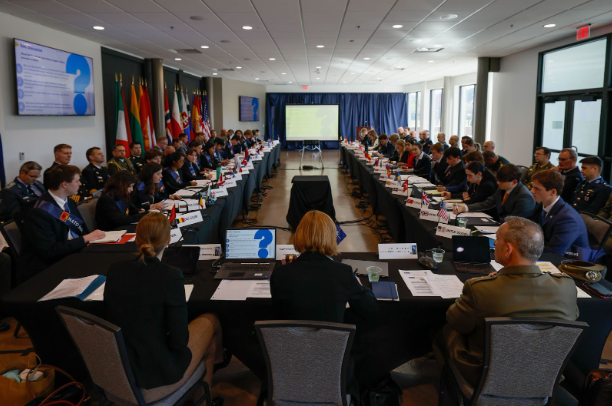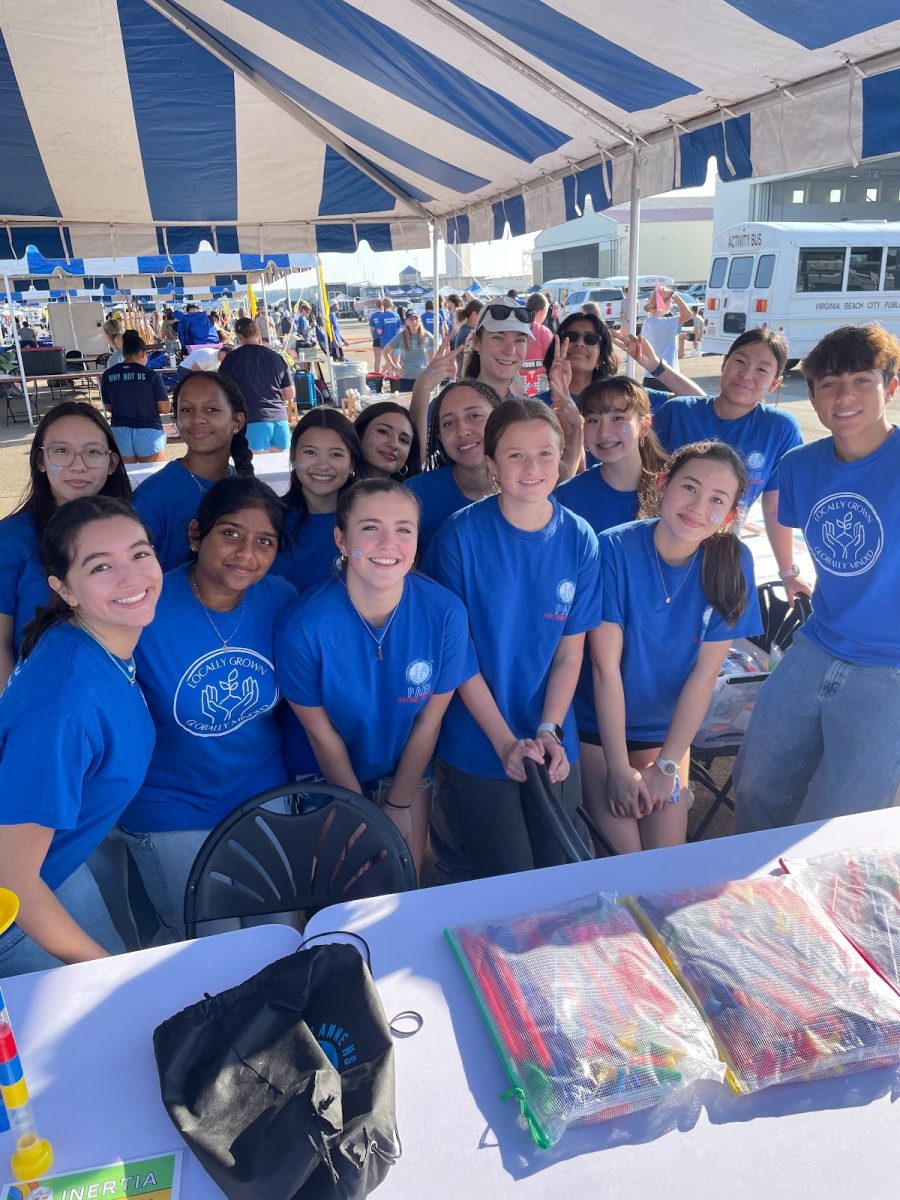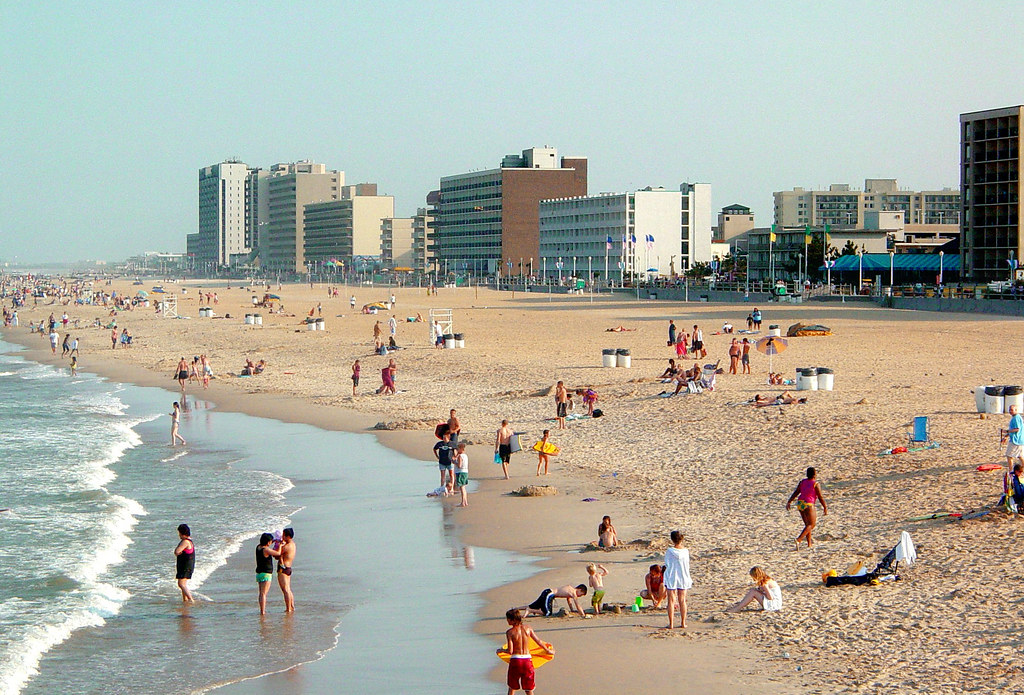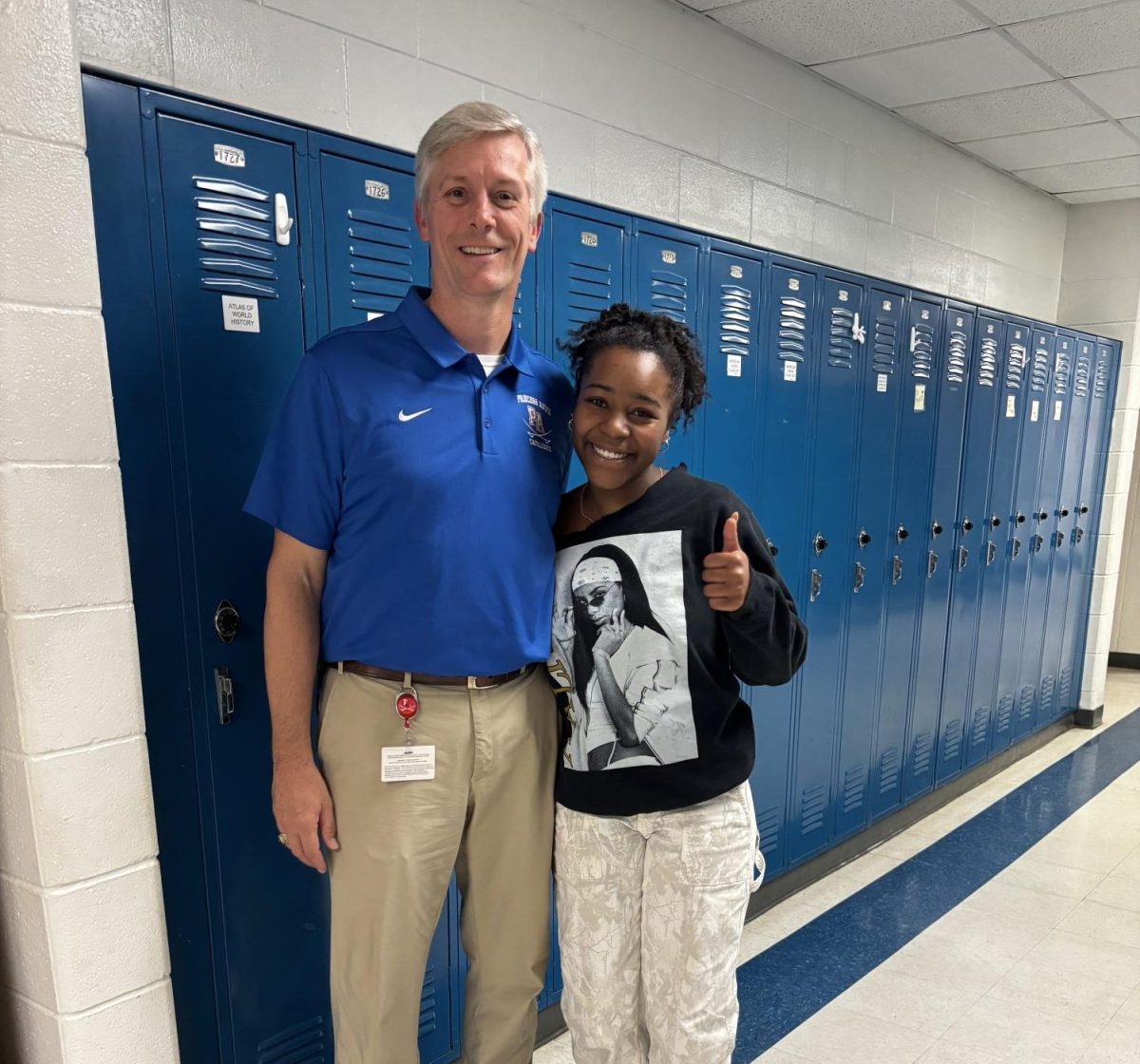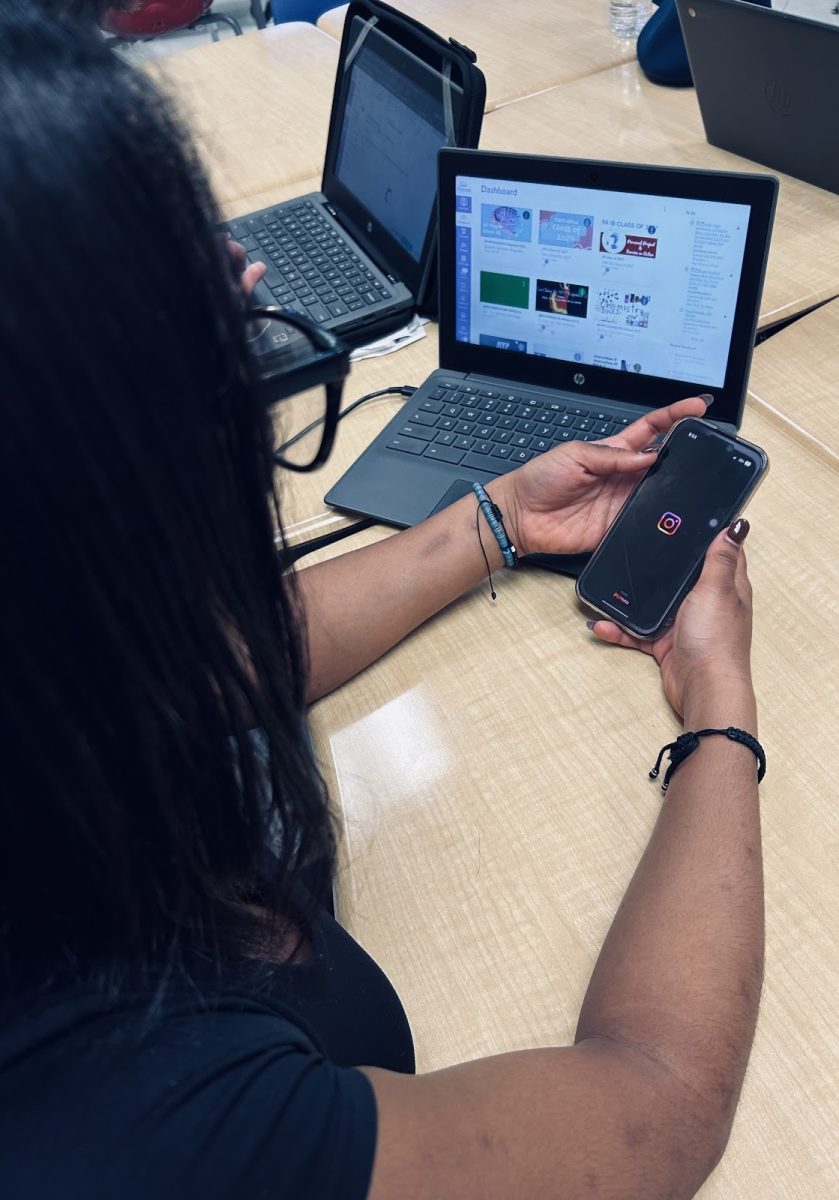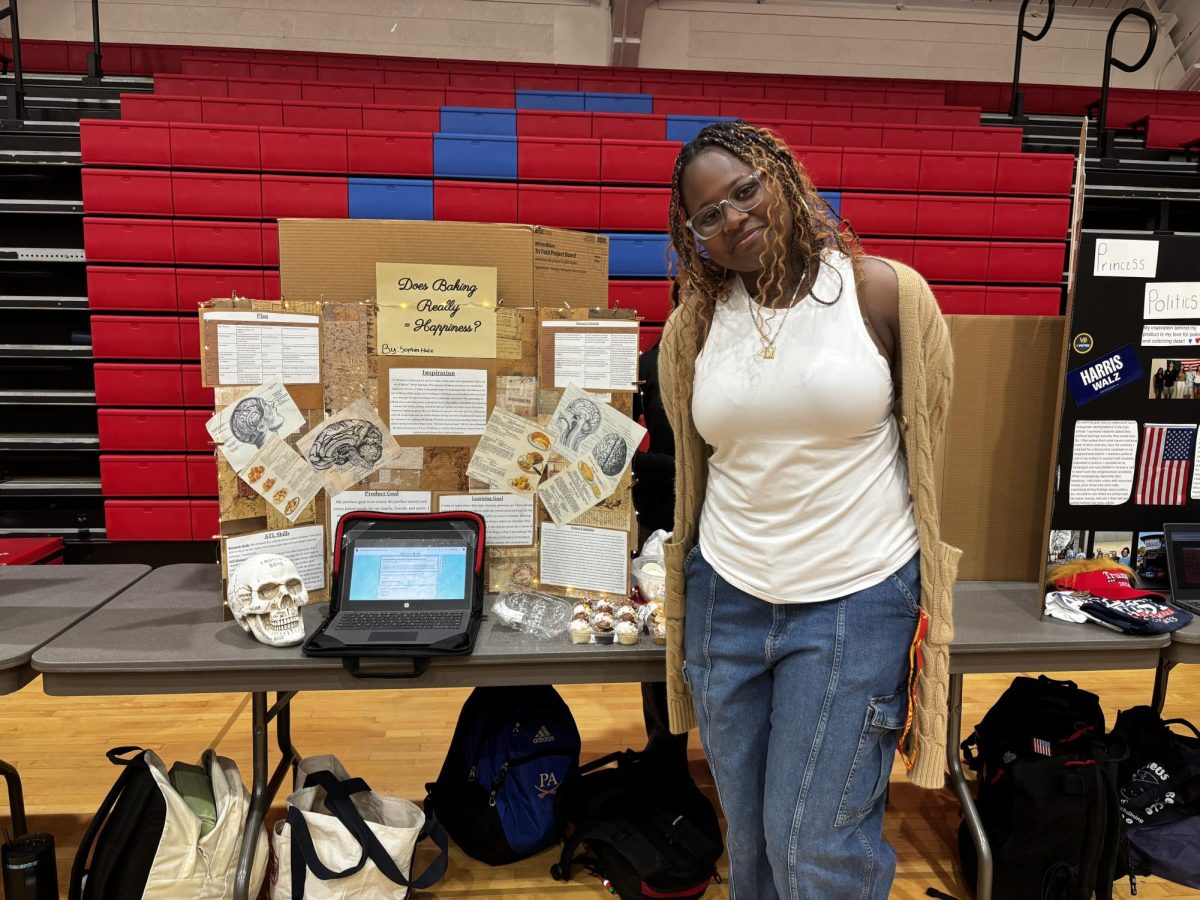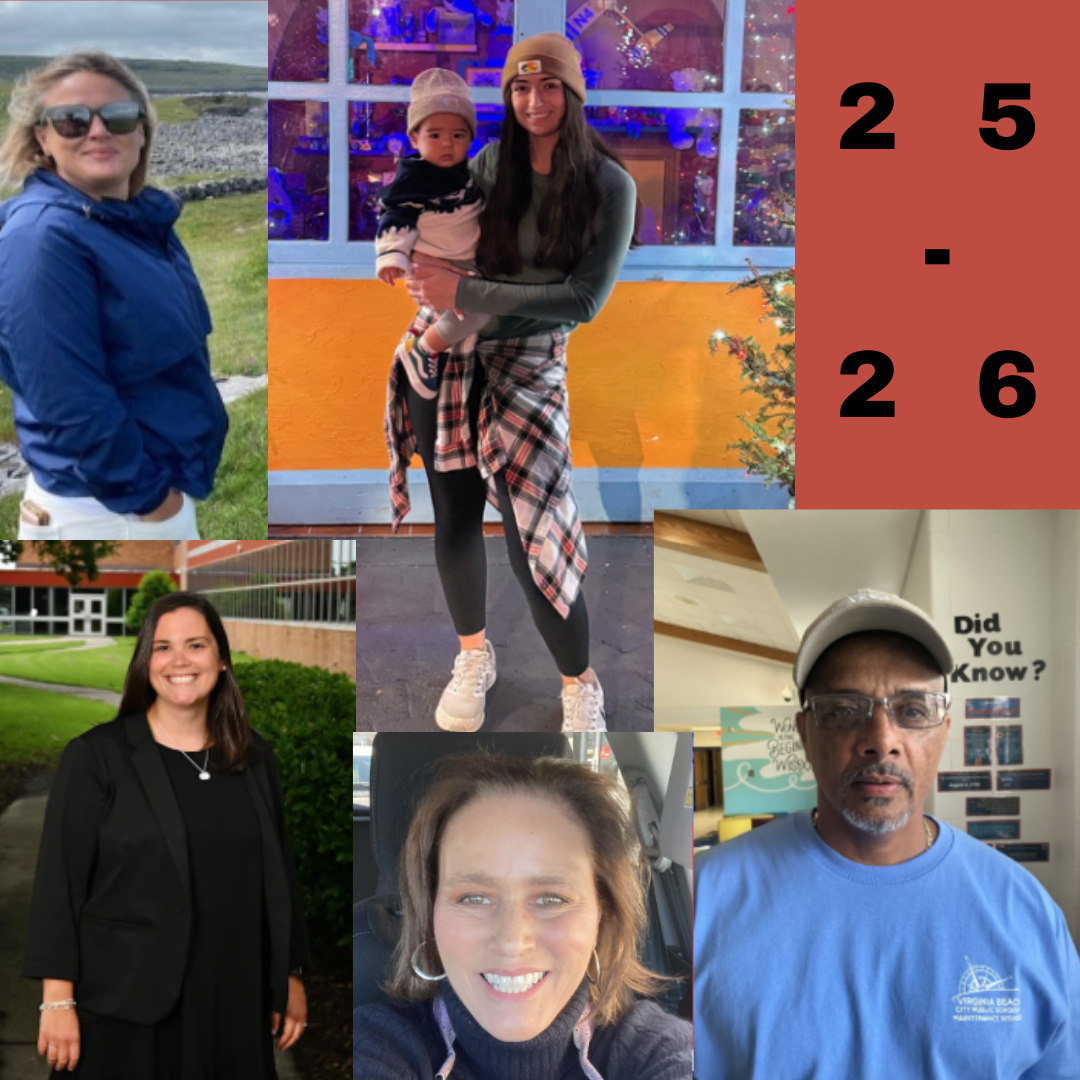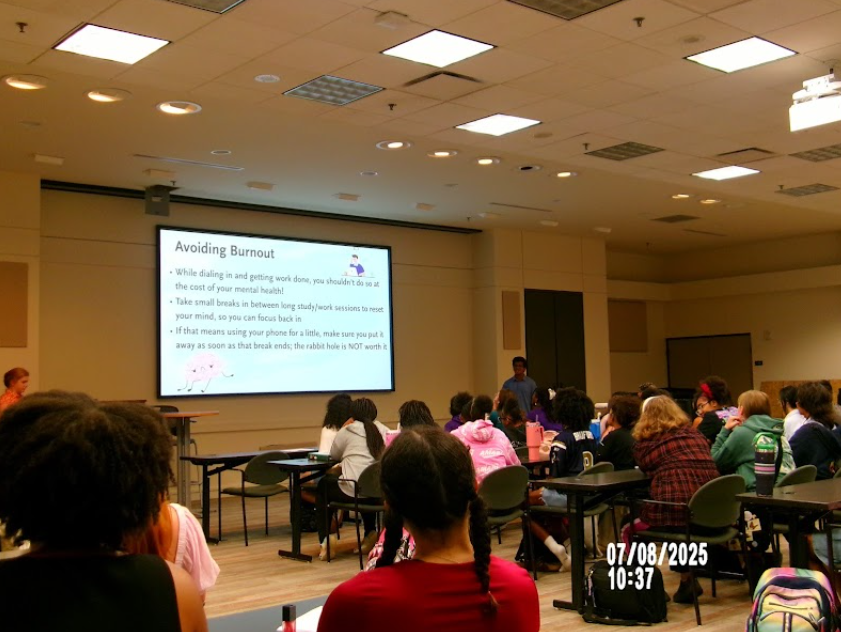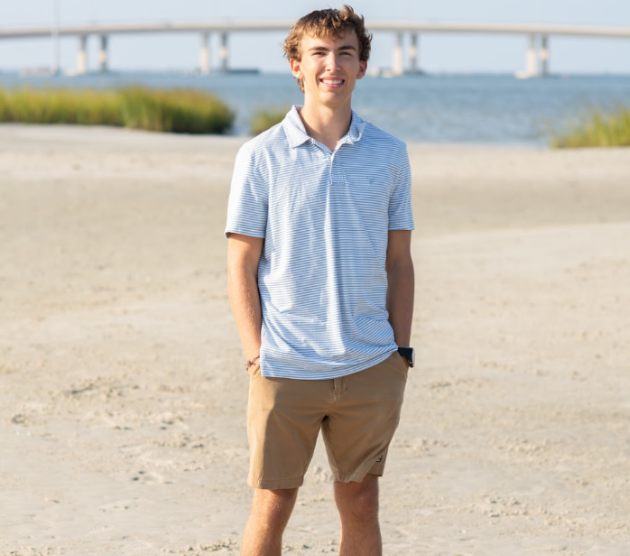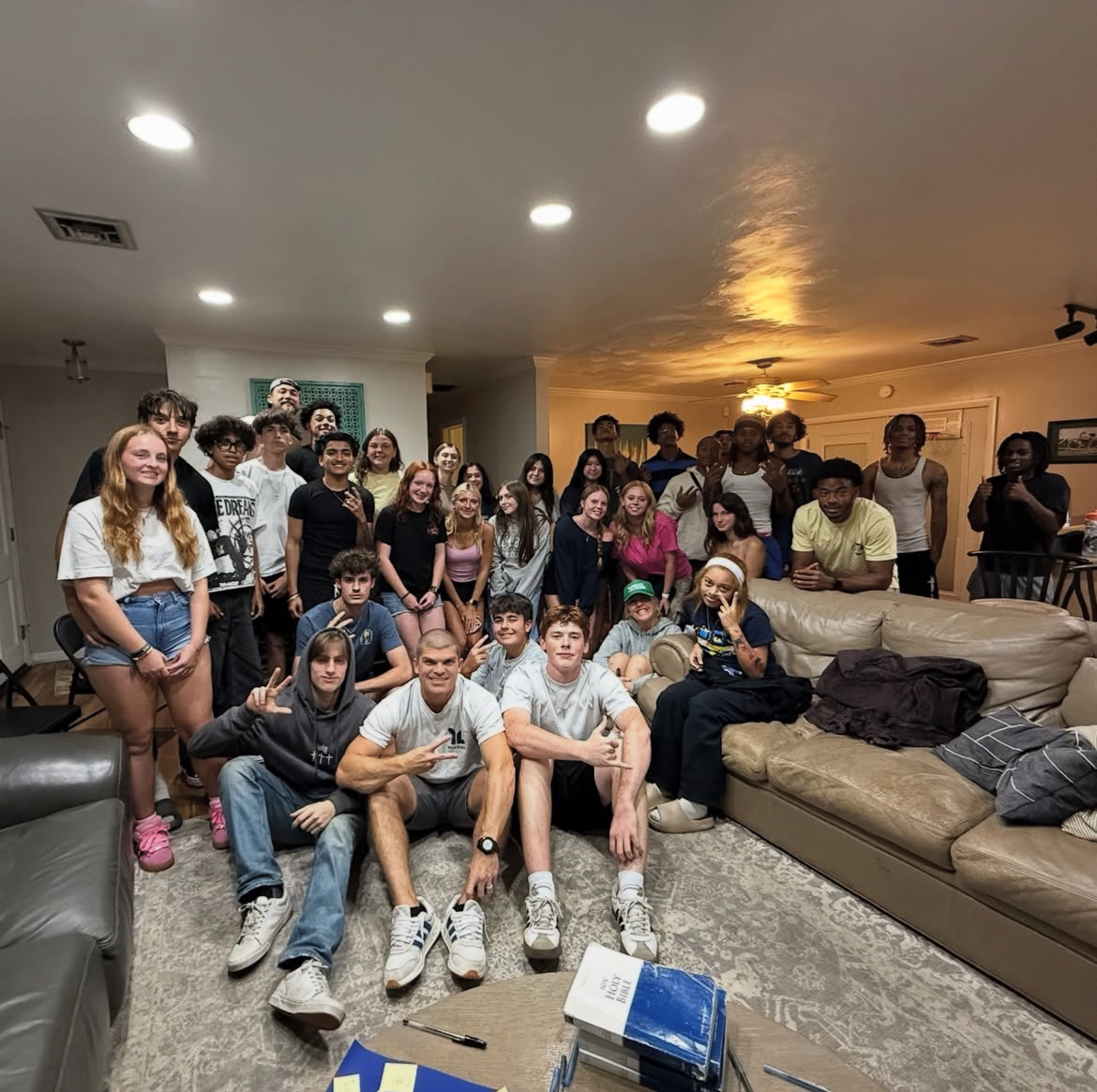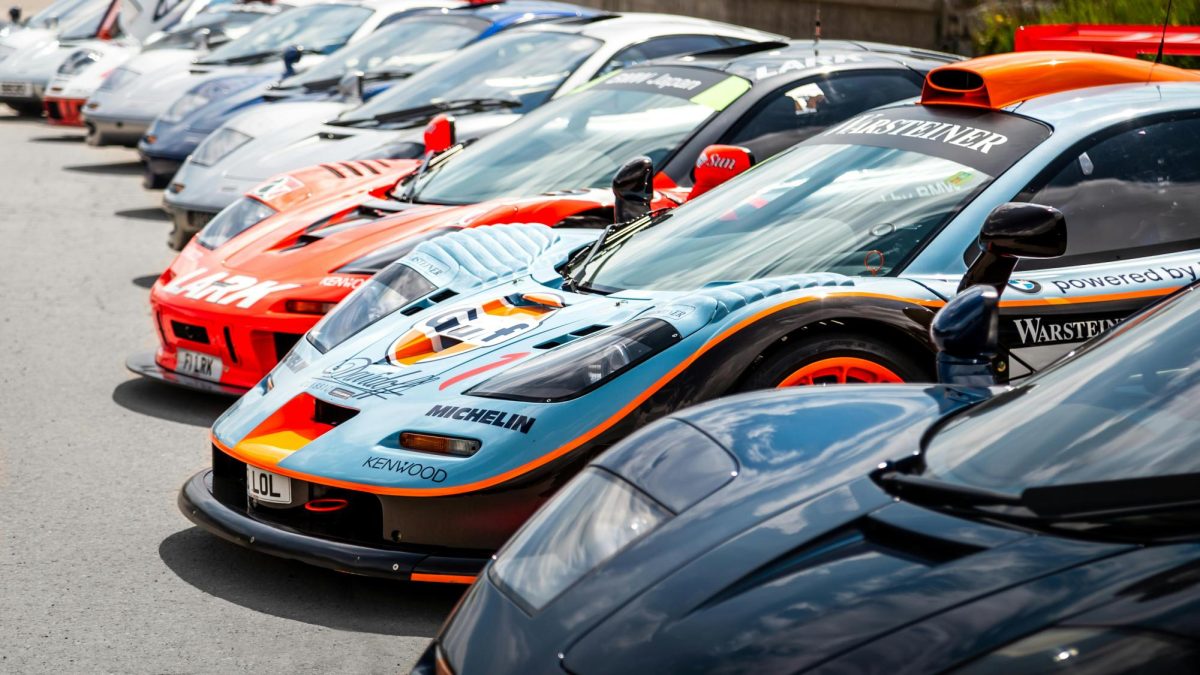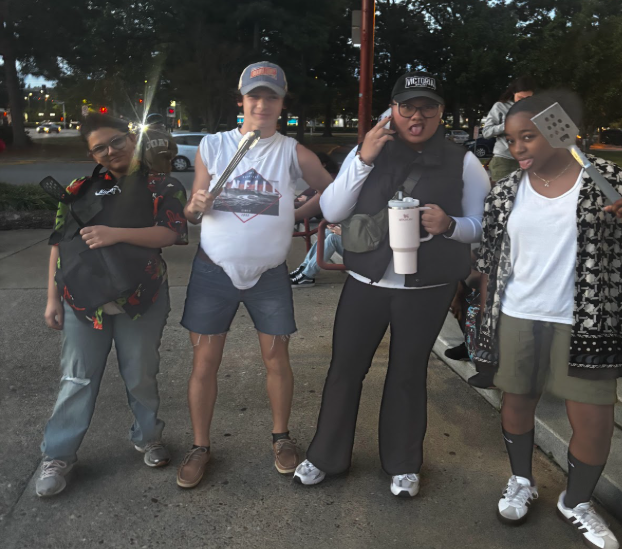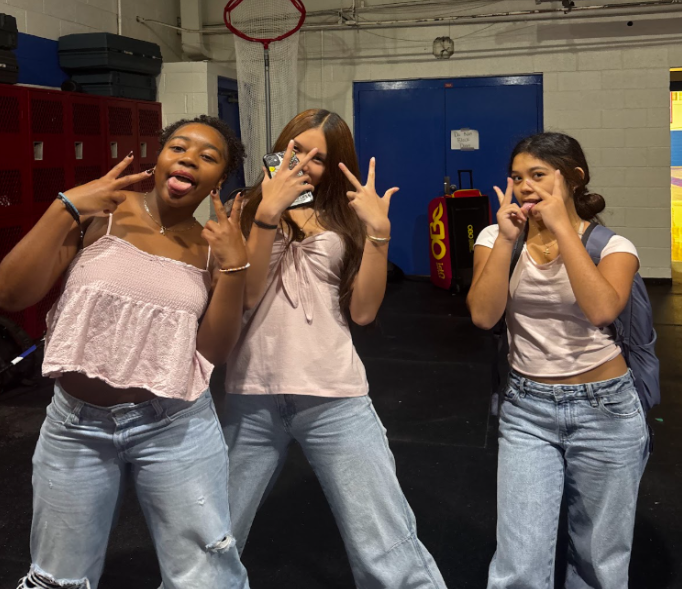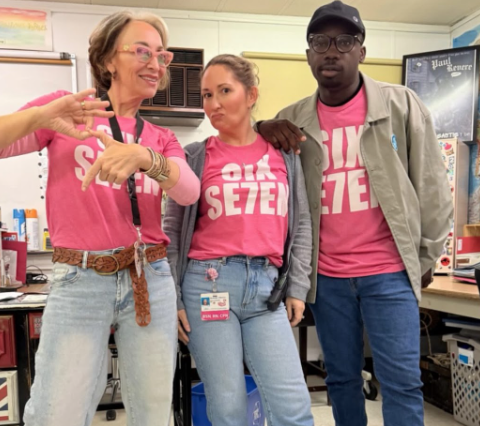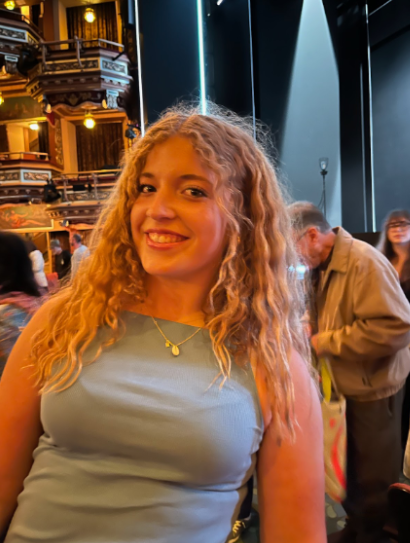Several PA students participated in the Model NATO Challenge on March 28. The challenge, which mimics the NATO organization, gives students the opportunity to experience how NATO solves global crises.
NATO, which stands for North Atlantic Treaty Organization, is a defense organization with countries from North America and Europe that strives to solve problems and protect countries globally. Their main goal is to create a lasting peace for member countries by intervening in problems that threaten its alliance, even problems outside of the member countries, according to the NATO Website.
This challenge is a part of the Virginia Arts and Norfolk NATO festivals. It includes a group of high school students, each representing one of the member countries of NATO. These students must then work together to find solutions for “conflicts that are faced by the NATO alliance today,” according to the Virginia Arts Festival. The top three finalists receive a scholarship.
Senior Kenul Vantwest commented, the competition accurately simulates NATO’s North Atlantic Council when solving a global crisis. “You’re assigned a NATO country in one of the 32 member states. You represent that country in a crisis situation, trying to reach consensus with the other countries on how to solve the problem,” he explained. Vantwest has competed in this challenge twice, winning the scholarship last year while representing Spain. This year he mentored students competing in the challenge.
This year, the crisis the students had to discuss was terrorism in Africa and their designated country’s role in it, according to sophomore Noelle Yang, who represented Latvia at the conference. She explained how every diplomat needed to understand how their specific country will react to the given issue to best represent the country in the challenge.
Yang said having basic knowledge of your country’s past roles in issues is necessary to make the most accurate decisions.
Vantwest agreed, and said: “you have to do a lot of research to know what your country’s policies are and their response to issues. You [also] have to do a lot of research on local politics as a whole, [and] understanding what NATO is in general.”
This extensive knowledge is necessary as students are judged on their accuracy, leadership, and diplomacy skills, according to the Virginia Arts Festival.
“They judge based on how well you represent your country, so they really don’t like it when you give your personal opinion,” Yang explained. “The judges really want you to stay true to your country.”
At the challenge this year, no resolution was reached, according to Yang. This was because the delegate representing Croatia explained that they did not support any military intervention in Africa, which “threw a wrench into the challenge because they did not end in a resolution.” She commented that there were numerous great ideas in this competition by everyone, but the winners ended up being the delegates representing Canada, Finland, and Poland.
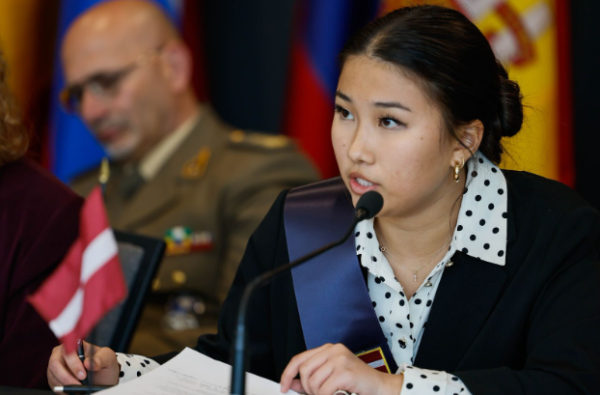
Additionally, each student diplomat gets a mentor who is an actual NATO officer from the member country they are representing. These mentors help the students understand the opinions of a country on certain issues and help the students understand the policies of the country itself relating to the given issue, explained freshman Rasmus Lokk.
He explained how his mentor was very helpful in explaining a country’s stance. “I have emailed my mentor regarding research about terrorism in Africa because that’s the current scenario,” Lokk commented. He represented Lithuania at the conference.
The student delegates met their mentors at a field trip to the NATO Headquarters in Norfolk, according to Yang. The participants got to miss a day of school and talk to officers who are in NATO. “We got to talk to this four star admiral named Pierre Vandier who is one of the heads of NATO,” Yang explained. “The delegates got to ask him questions about how the organization works and gave a summary of their operations.”
The competition attracts many students who want to learn about NATO for numerous reasons. Lokk shared he got involved because of his family ties to NATO, being a NATO kid himself from Estonia, along with his interest in politics and diplomacy. Vantwest said he became interested in this program because of his future career as a naval officer, while Yang applied because of her interest in foreign affairs.
To be in this scholarship challenge, there was an application process where students had to write an essay, and top applicants were chosen to compete. Lokk explained the application process, “The essay had to be 650-750 words and the prompt was if NATO should become an offensive organization or if it should continue as a defense organization.” Students had a choice between multiple prompts for the essay, but this was the topic Lokke chose. Students had numerous views on their questions, and were chosen for this competition based on their essay.
Because this competition is a part of the Norfolk NATO Festival, each delegate representing the country has the opportunity to participate in the NATO festival parade and other events. Lokk explains how being in this festival is “very interesting,” having been in it before because of his family’s connection to this organization.
“I would highly encourage any students who are interested in politics or international relations or the military to consider doing the Model NATO challenge,” Vantwest expresses. “It’s a very rewarding experience.”



